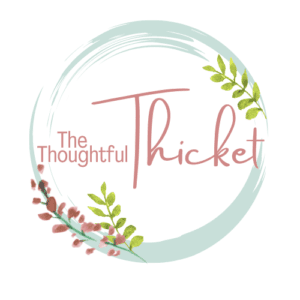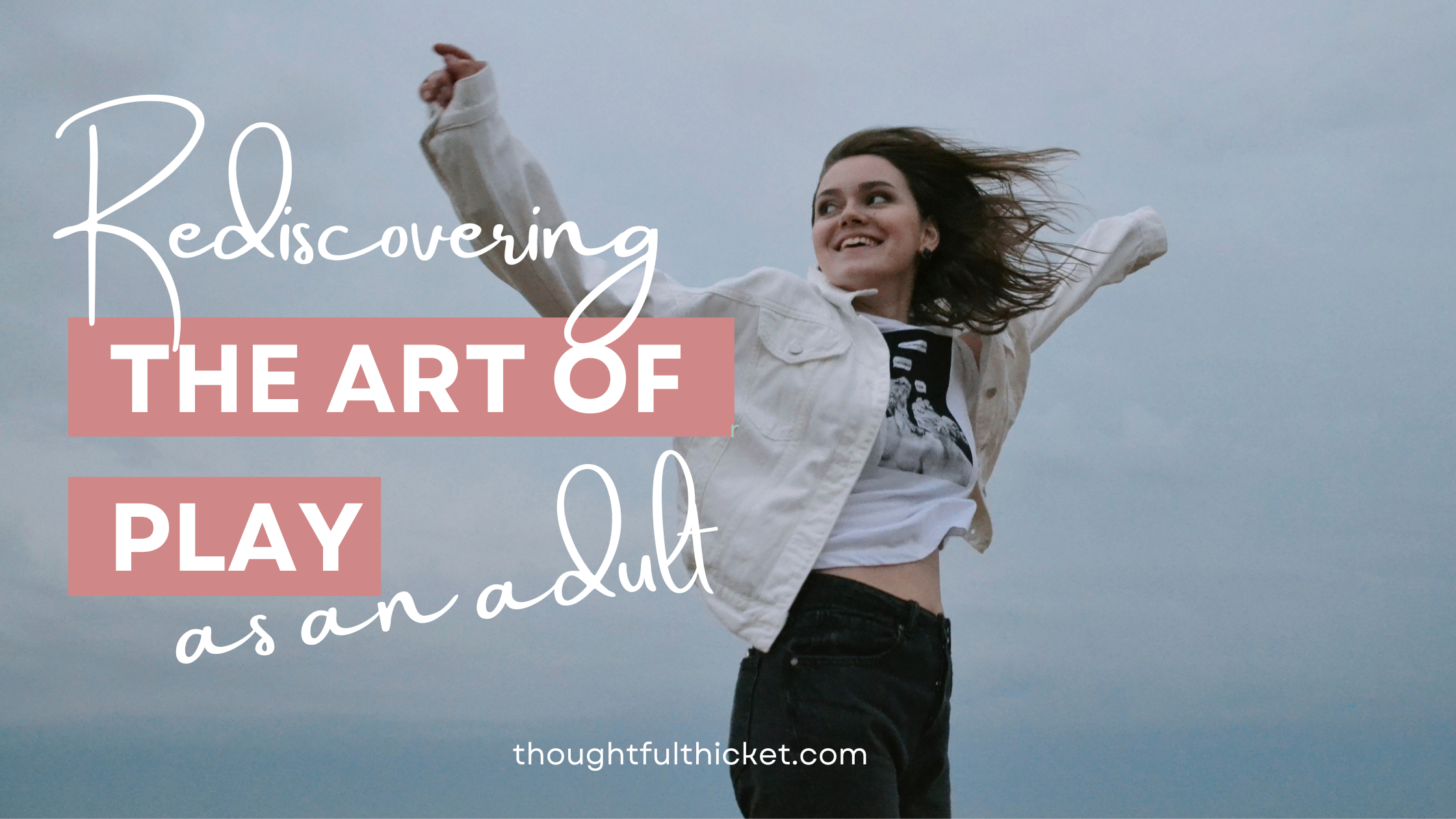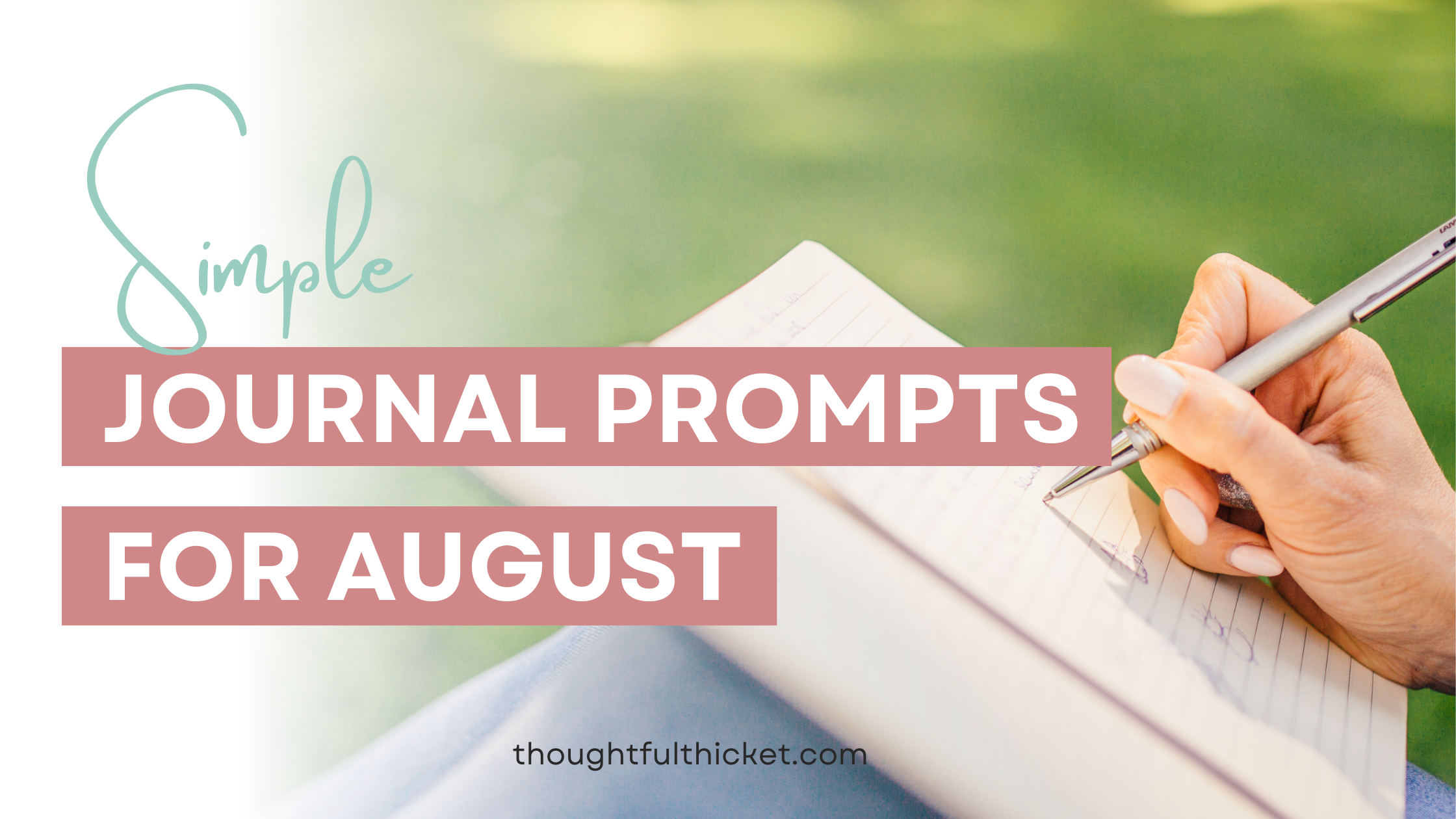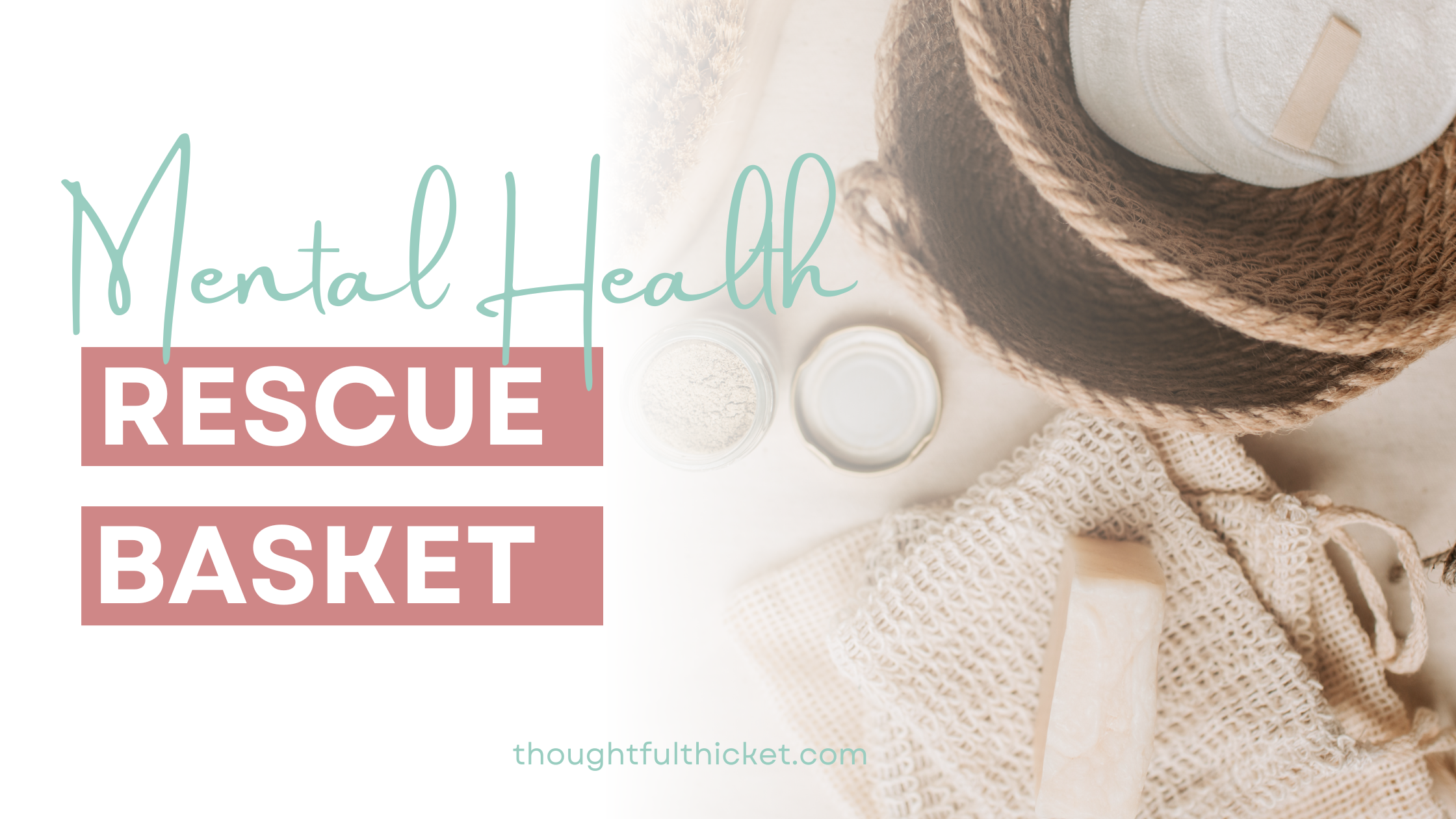
Play. It is a word that we tend to associate with young children. It conjures up feeling of pointless, time wasting busy work that is better used for something “productive”. As we get older, time to play gets set aside to make way for our ever-growing to do list. And, the sad truth is, the age at which we make the switch from playful to not is getting younger.
Choosing Play
I often catch myself feeling guilty for choosing play over expanding my to do list.
If I have “free time”, should I not be finding some way to be more productive?
That thought process spurred the “side-hustle” movement and the creation of mom-entrepreneurs. I mean, after work or in between the time of caring for kids what else are you to do but more work – right?
But, what happened to writing, painting, or creating just for the fun of it? What about those hobbies that we “never have time for” like reading a good book or taking the time to appreciate the fruits of your labour? What happened to doing “stuff” without looking to be paid for it? No need for monetization of any kind.
I am no different. I have had to justify my hobbies and play as something that I could turn into a money-making opportunity. Whether justifying it to myself, family, or society in general, there is an unspoken rule that free-time must be productive in some way. Unfortunately, for me, that had a way of sucking a lot of the playfulness from the things I once enjoyed. It has been a long time since I have drawn anything without “how can I sell this?” in the back of my mind.
It has been my mission this year to choose play. And by play, I mean doing those things that make my heart sing a little. The good for the soul kind of activities that make me – ME! More creative writing, more journaling, more painting, and more travel! Read more about adding travel to your life at The Thoughtful Traveller.
Writing this blog has been helpful on my journey to choosing play. Catch up on my journey here.
How to Choose Play: Creating Flow
It is funny (in the actually really sad kind of way) to imagine that we have to learn how to play again.
Do you remember what it was like to try something for the first time? When you are a kid, you are trying out things all the time. You don’t put too much thought behind whether or not you will be good at it right away but rather, will you like it? You would just try it for fun and move on to trying something else if it wasn’t your thing. And you would never think, “boy, I better stick with this because I already wasted time doing it so I might as well finish it even it I am not having fun anymore”. Nope. You explored one hobby to the next without guilt or shame.
But, when you found that thing you really liked, do you remember spending hours on it, losing all sense of time? You couldn’t wait to get home from school to get back to that project you were working on at home. Or spending all weekend building a snow fort even though you knew it would melt soon anyway. That is flow. Allowing your imagination, creativity, and joy direct your activity rather than the “should do” list in your head.
Easier said than done…
Now getting there – creating the kind of flow we have when it comes to our work – that is the part we need practice on. How do we block that infinitely growing list of “should-do’s” in our head to make room for our creative juices to flow? By scheduling time to practice whatever our hearts desire regularly until it becomes second nature. Removing the roadblocks that are preventing our flow.
A great book on the topic is “The Artist Way” by Julia Cameron. In her book she talks about recovering that creative child by practicing regular artist dates where you can just be. No obligations and no to-do lists allowed.




Where to Begin
Everybody’s idea of play will be different. And it might take trying a few things before you find that style of play you want to stick with a while. It is important you allow yourself to try things without worry about how much time you are spending on something or what someone will think if you don’t follow the project/activity to the end and move on to something else. Allow yourself to have fun. When it is not fun anymore, try something new.
Here are some ideas of playful activities you might want to try. Some of these ideas are traditional hobbies you have to plan for but many are spur of the moment ideas you can do right now.
Creative play:
- Writing
- Scrapbooking
- Coloring books for adults
- Painting
- Pottery
- Sewing and knitting
- Crafts – jewelry making, etc.
Play that improves cognitive function
- Puzzles and games
- Reading
- Listening to music
- Learning a new language
Physical activities
- Go for a bike ride
- Skating
- Hiking
- Going for a walk in the neighbourhood with no destination in mind
Travel-related activities:
- Learn a language
- Be a tourist in your own town
- Try different restaurants in your town
- Travel somewhere on a whim
Good ol’ fun
- Playing with building blocks
- Playing in the rain or snow
- Swinging at the playground
- Walking barefoot outside
- Dancing around the house
- Blowing bubbles
- Drawing with chalk
- Building sand castles
- Cloud watching
- Star gazing
- Skipping rocks
- Playing with pets
- Building a snowman
- Building forts
Benefits of Making Time for Play
Relaxation
Playing allows you to be in the moment. It allows you a way to escape the pressure of being an adult without depending on the “vices” we tend to think are our only option for relaxation. Play also releases endorphins, which are the body’s natural feel-good chemicals, relieving stress and reducing the pain that makes us feel old.
Improved Brain Function
When you engage in cognitively challenging games like puzzles, word games, memory games, or math games you also improve brain function. And, every time you learn something new, no matter how old you are, your brain builds new neuropathways which improves your ability to problem solve while giving a boost to your creativity and imagination.
Improved Mental Health
Including others in your play can reduce the social isolation that leads depression. And when you are socializing you increase connection, trust, and intimacy with others.
Get Out There And Play!
So, now you know that play is not just pointless busy work. It is an essential part of your health and self care regime. Tell me, how are you going to play?




